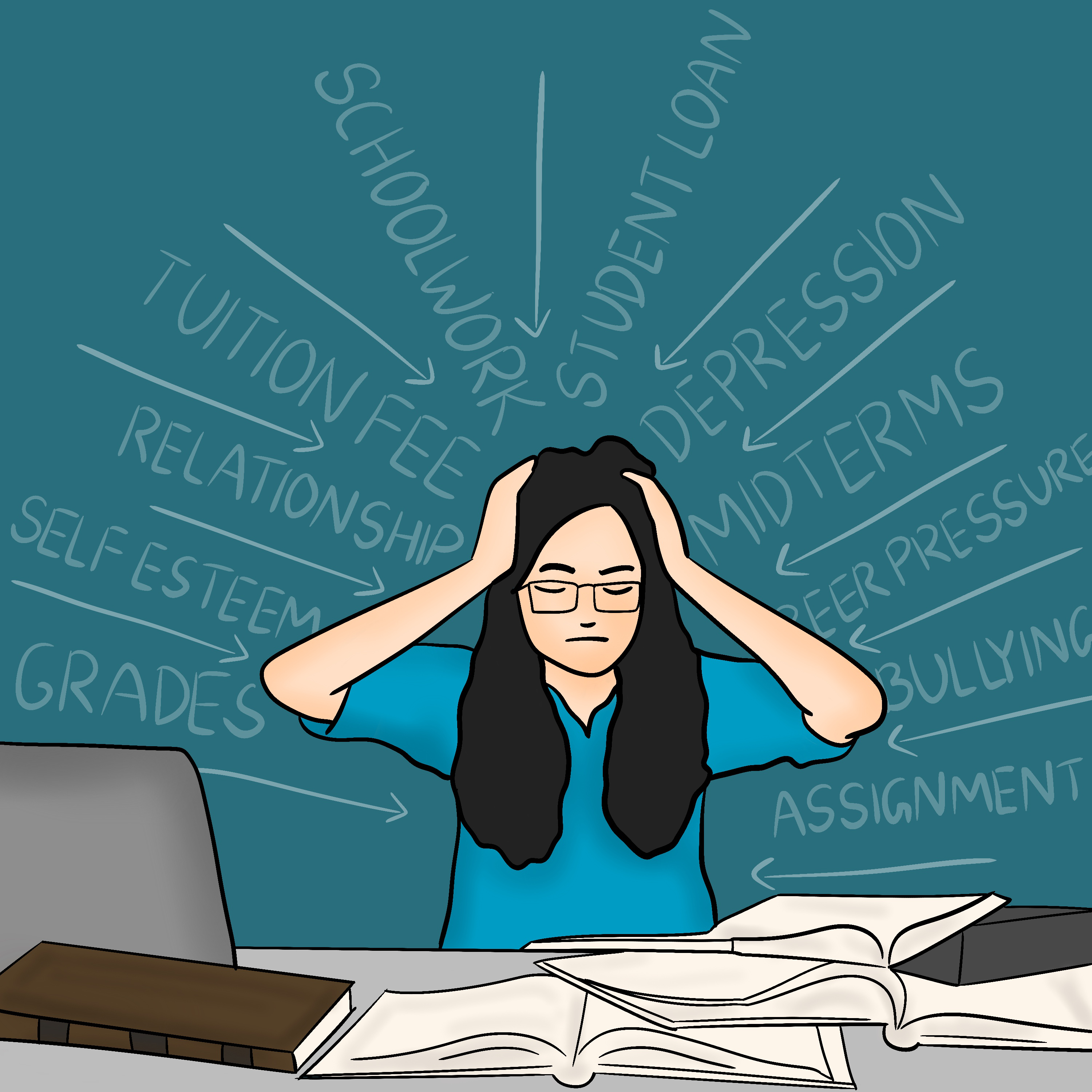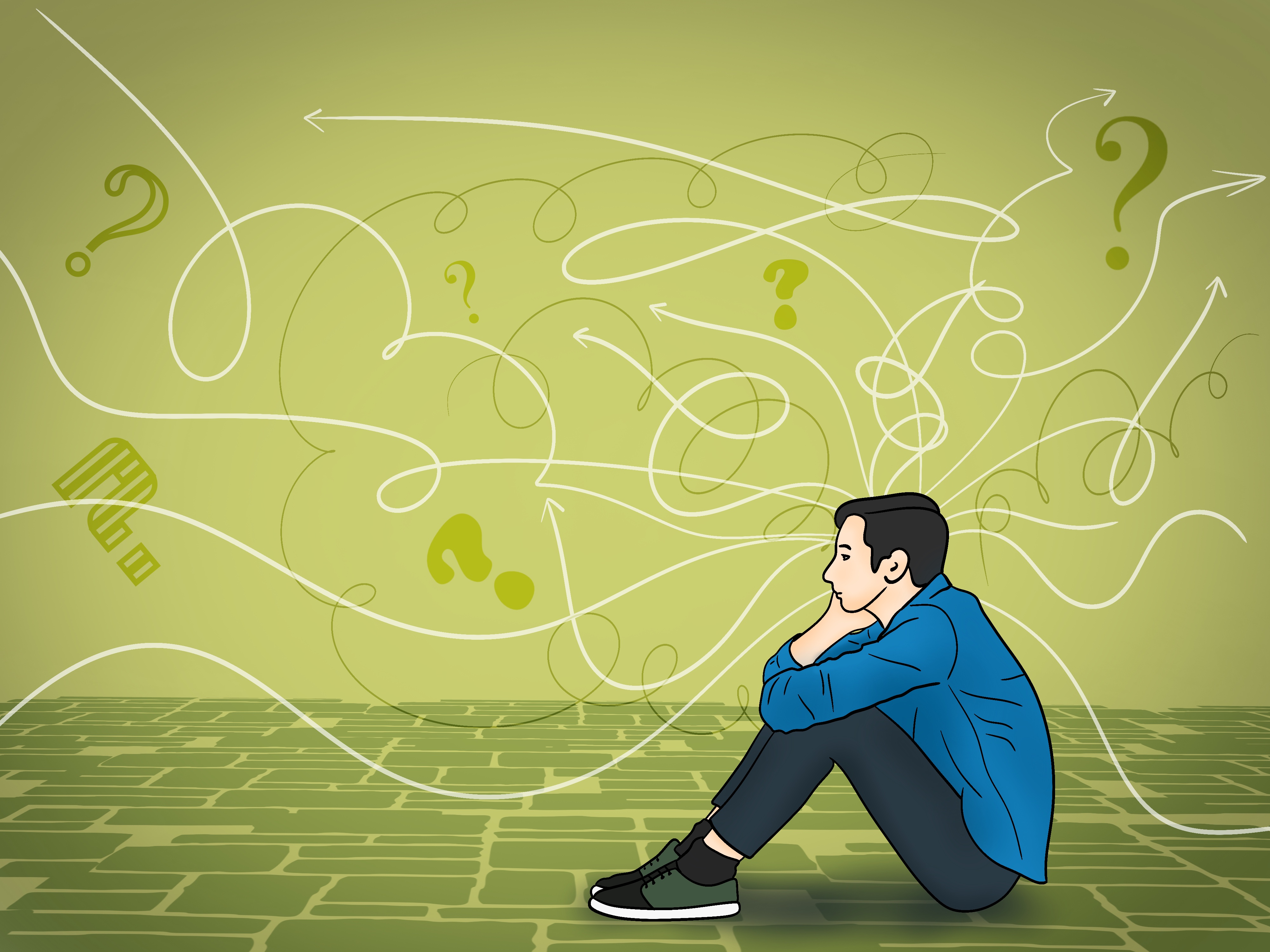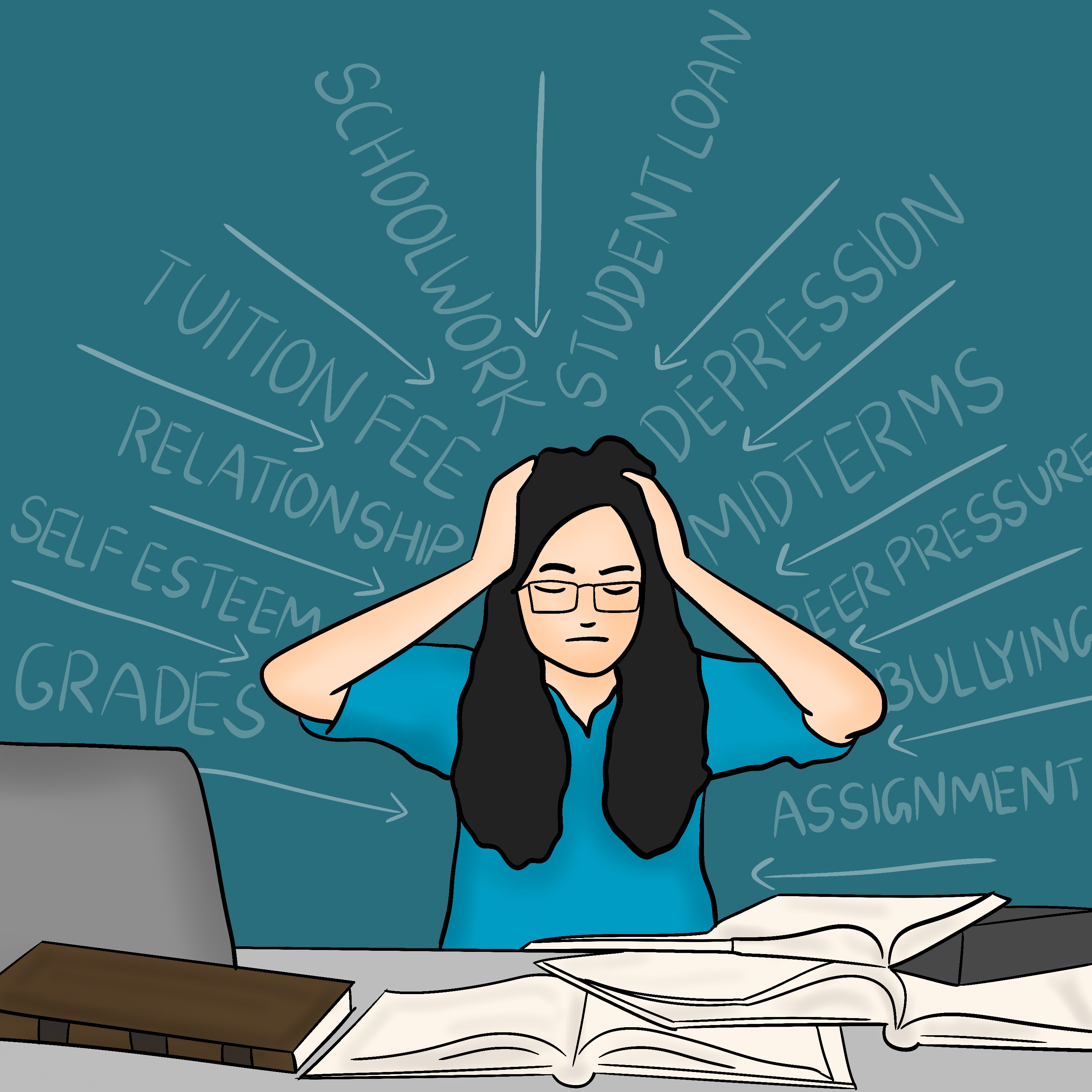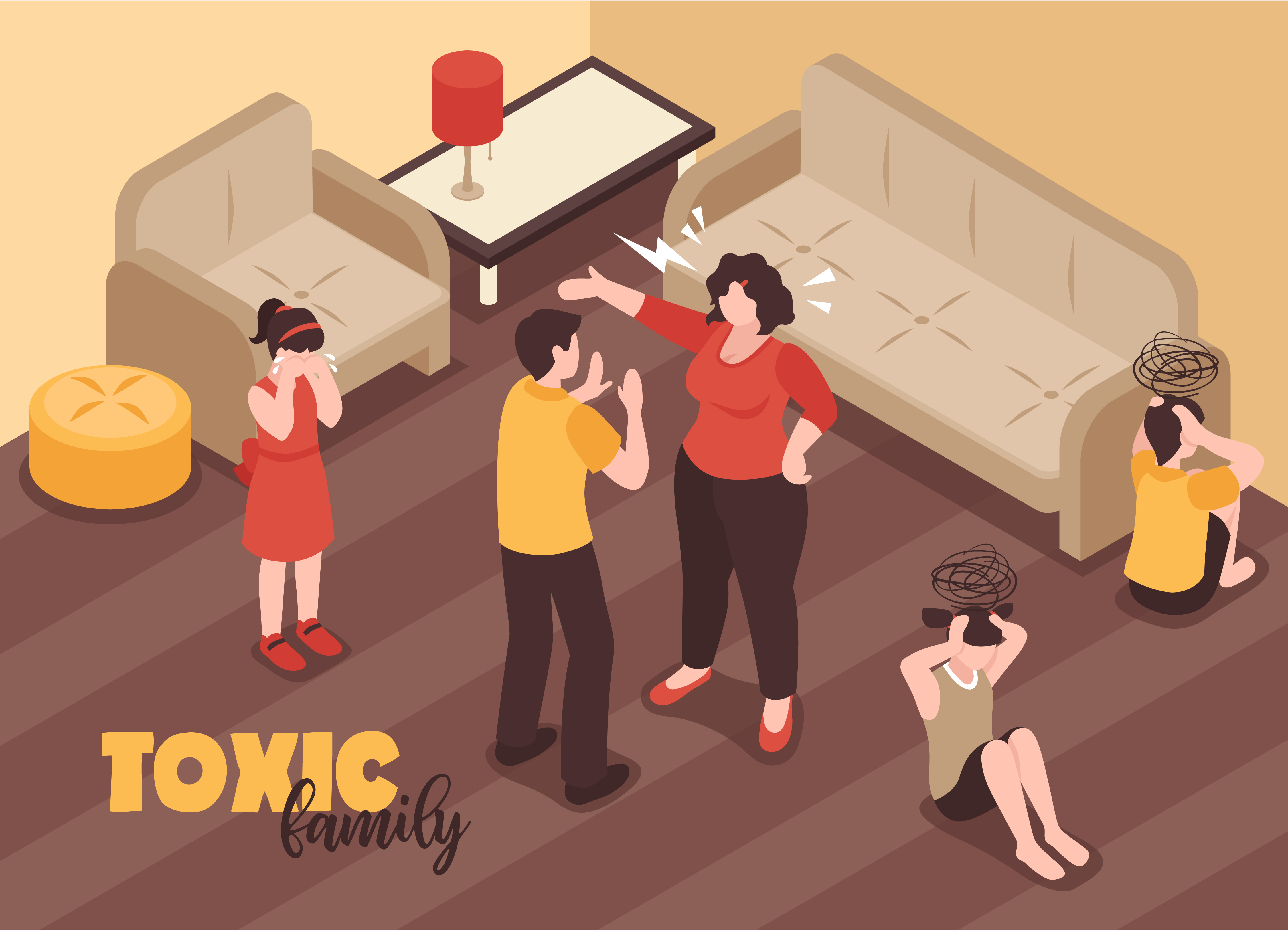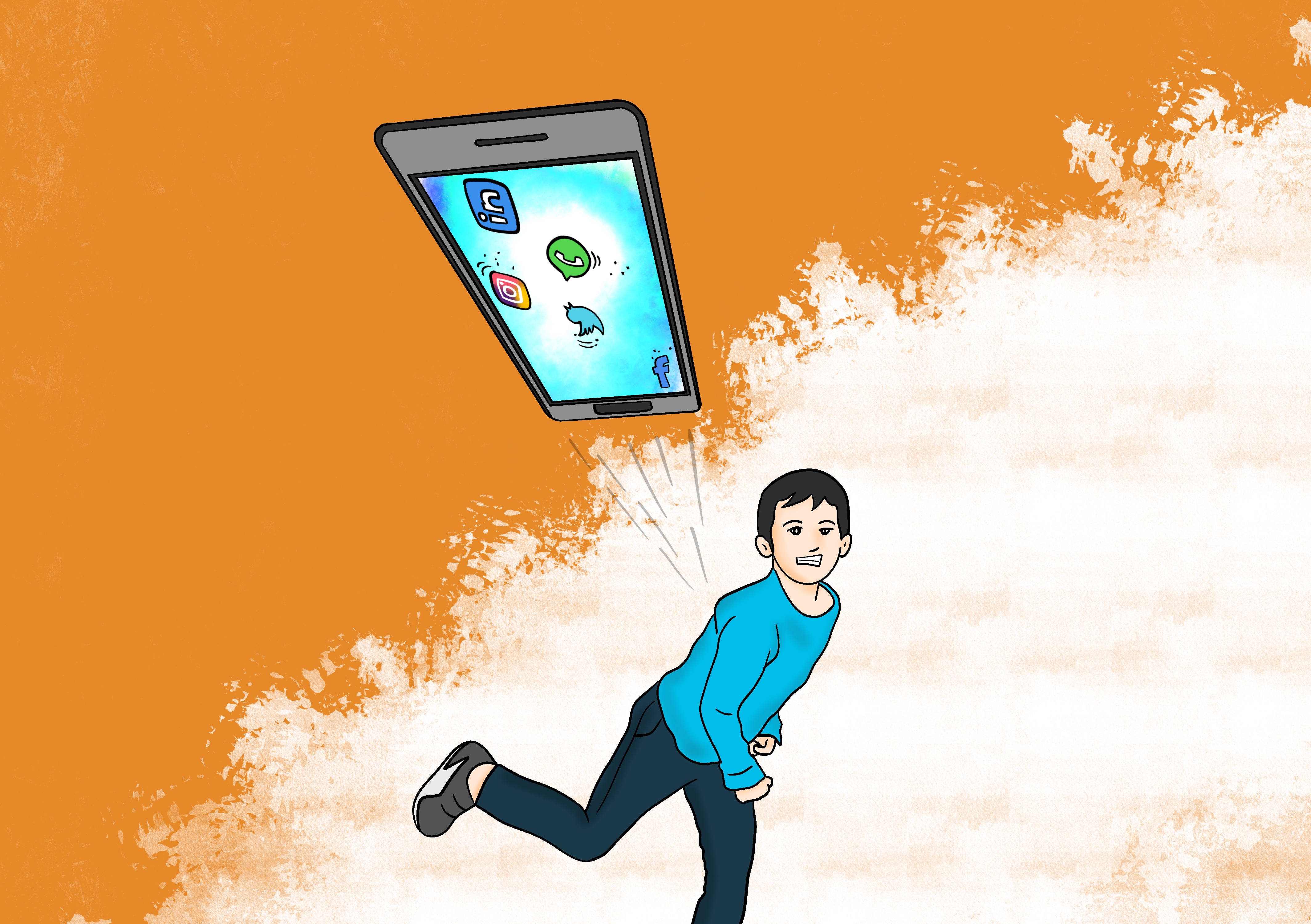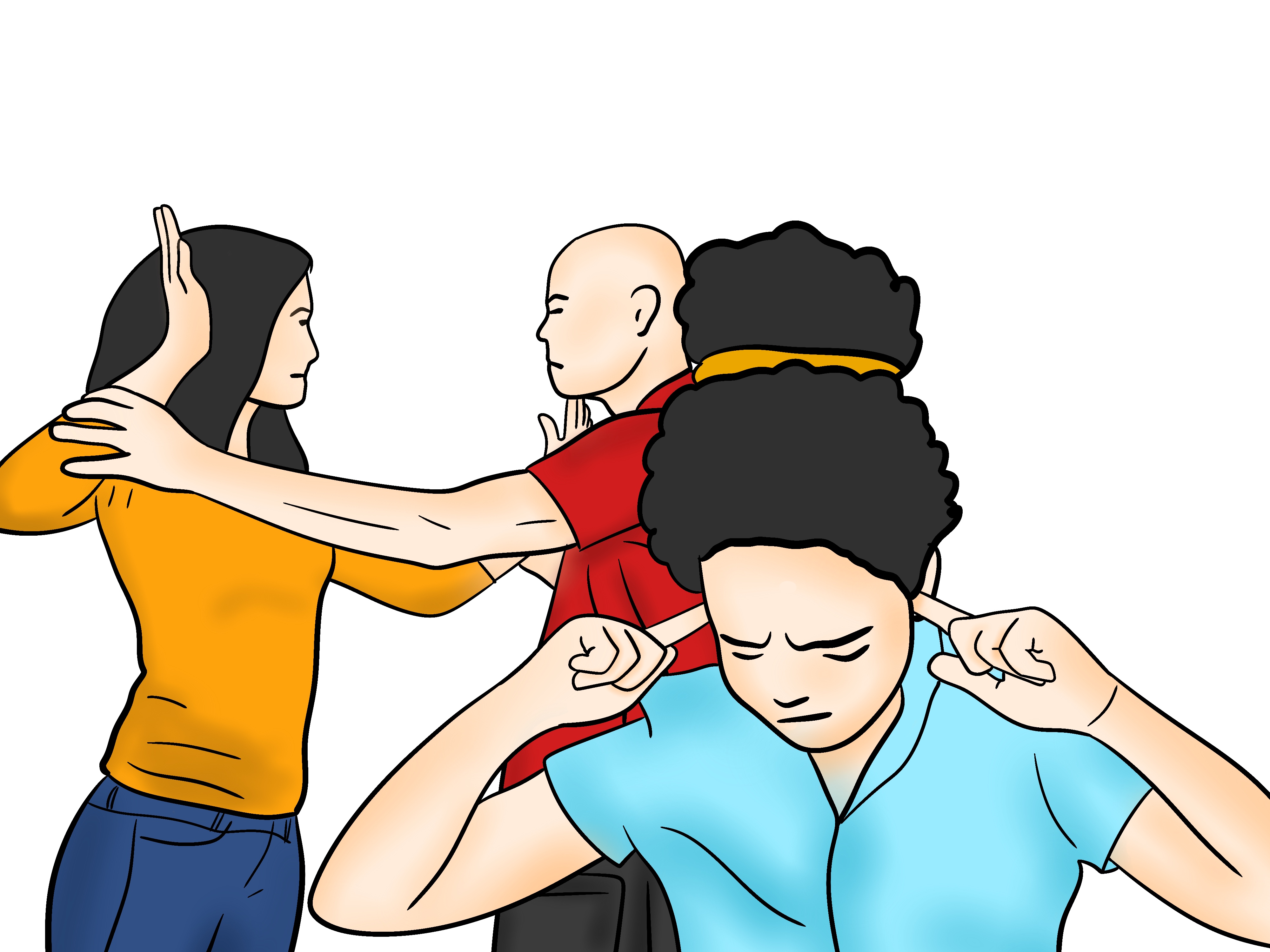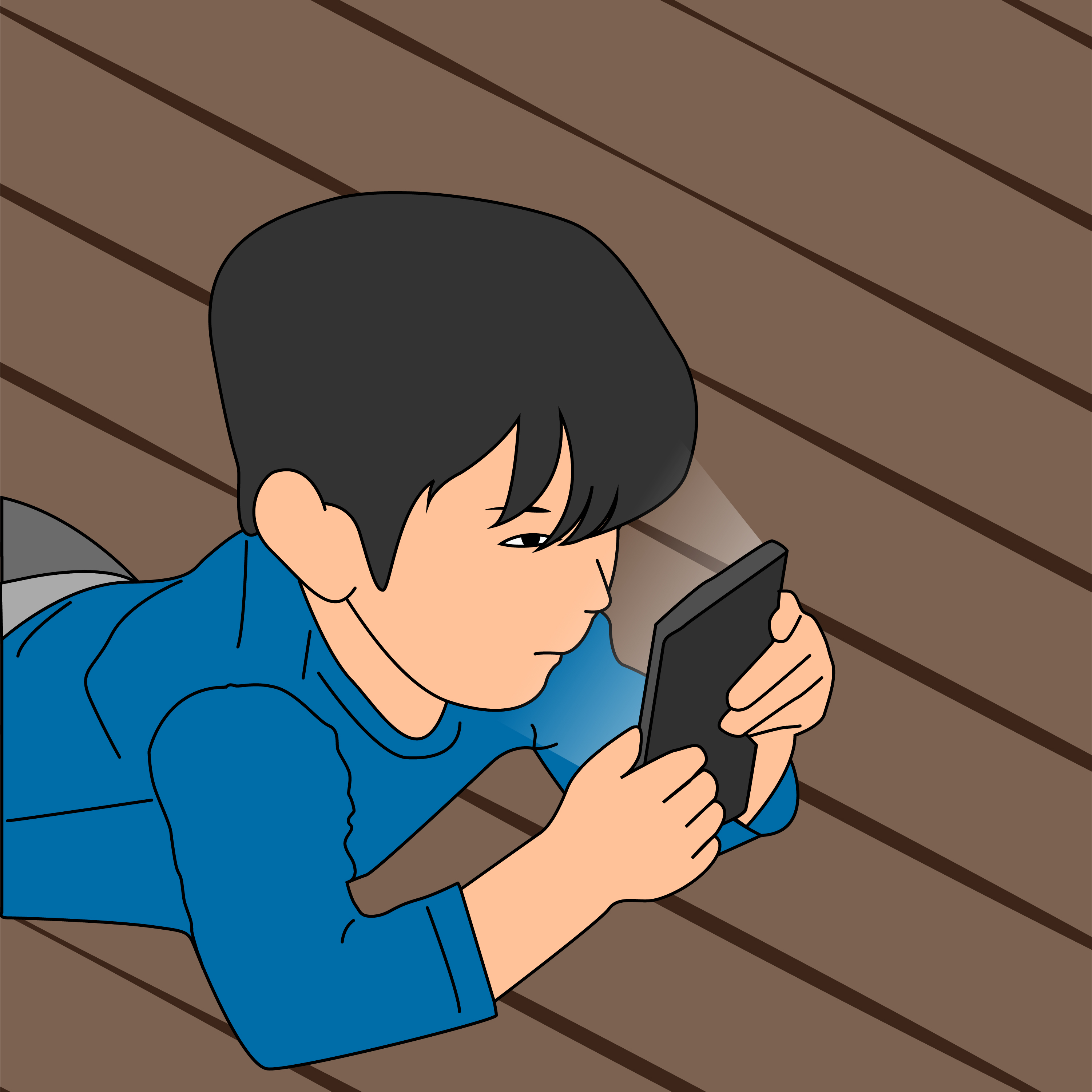The Magical Journey to Self-Discovery
In a world that often glorifies success and achievement, the pressure to perform can become overwhelming, leading to what experts call "performance addiction." This phenomenon affects teens and parents alike, creating a cycle of constant striving for perfection. In this article, we'll explore what performance addiction is and provide guidance on breaking free from its grip.
UNDERSTANDING PERFORMANCE ADDICTION
Performance addiction is an unhealthy and relentless pursuit of success, often driven by the fear of failure or the need for external validation. Teens, in particular, may experience this pressure in academic settings, extracurricular activities, or social circles. Parents, too, can fall into the trap of equating their worth with achievements, inadvertently passing on these expectations to their children.
SIGNS THAT YOU MIGHT BE SUFFERING FROM IT
- ●Fear of Failure: Extreme anxiety or
distress at
the thought of not
meeting high standards.
- ●Relentless Perfectionism:
Setting unrealistic expectations and
never
feeling satisfied with achievements.
- ●Burnout:
Persistent fatigue and exhaustion due to continuous
striving for success.
- ●Low Self-Esteem:
Tying self-worth solely to achievements and
external validation.
- ● Neglecting Well-being: Ignoring
physical and mental health in
the
pursuit of success.

IMPACT ON ADOLESCENTS
- ●Performance addiction can contribute to anxiety,
depression,
and
stress-related disorders.
- ● The constant pursuit of success may lead to neglect of
personal
relationships.
- ● Teens may struggle to develop a healthy sense of self
outside of
their achievements.
- ● The pressure to constantly excel increases the risk of
burnout,
negatively impacting overall well-being.
Clinical Psychologist Arthur P . Ciaramicoli, teaches us that the belief that perfecting appearance and achieving status will secure the love and respect from others is called performance addiction.
IMPACT ON PARENTS
- ●Parents with performance addiction may unknowingly pass on
these
expectations to their teens.
-
●Unrealistic expectations can strain the parent-child
relationship, leading to communication breakdowns.
-
●Teens may emulate their parents' performance-driven behaviors,
perpetuating the cycle of addiction.
HOW TO BREAK FREE FROM PATTERN?
- ●Learn how to listen. Develop your capacity for empathy.
- ● Slow yourself down. Try always to be in the moment.
- ● Make self-care a priority. Regularly take the time to exercise
and eat a nutritious meal.
- ● Give your children your love, not your anxiety. Children who
have parents with performance addiction may develop it, too.
- ● Stop criticizing the people around you. Performance addicts
are
always looking for ways to improve themselves, their spouse, and
their family. Stop doing that and start creating intimacy
through uncritical affection.
- ● Develop realistic attitudes about your appearance and your
financial status. Reign in your lofty expectations and create
goals that can be reached.
- ● Allow yourself to make mistakes without feeling that you are a
mistake. Tell yourself that failure to drive a certain car or
live in a certain house does not mean you are a failure.



